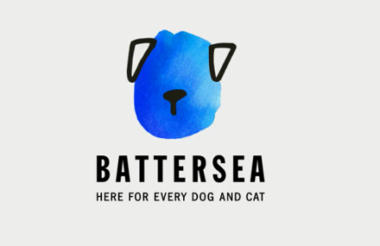Free reserves at Battersea Dogs and Cats Home fell by £3m in the year prior to the pandemic, going from £11.2m in 2018 to £8.0m in 2019.
Battersea's accounts for the year ending 31 December 2019 reveal that reserves fell to five months of operating expenditure, which was £2.0m below the charity's minimum reserve target.
The target range for free reserves was £10m to £15m, which equated to between six to nine months of 2020's budgeted charitable expenditure.
Impact of Covid-19
The accounts were prepared during the 2020 financial year as the Covid-19 pandemic arose.
They state: “The impact of Covid-19 on Battersea has already been assessed as significant, with Battersea anticipating a significant drop in income due to our inability to maintain our face to face fundraising activities or deliver any of our planned special events programme.”
They add: “At this stage it looks likely that the 2020 operational and strategic planned activities will change significantly, and that reduction on our income during the year could be as much as a 7% reduction from 2019.”
On reserves, the accounts say: “Free reserves are likely to be adversely affected in the short-term by the Covid-19 pandemic.
“Plans to rebuild them to the targeted range include further investment within individual giving, continued investment in legacy marketing and stewardship, and building our brand through the Reframing Rescue campaign.”
Increase in legacy giving
Total income at the charity was £44.0m, up from £38.6m in 2018.
This represented an increase of £5.3m, and was in large part achieved through record legacy income of £17.0m. This income stream was up from £12.5m the previous year.
Total expenditure increased to £43.8m in 2019 from £40.4m in 2018.
The highest paid staff member at the charity received between £130,001 and £140,000.
New strategic plan
Battersea’s accounts also expand on the charity's new strategic plan for 2019-2023. The plan is built around five themes.
These include directly helping more dogs and cats in need, reframing rescue to change people's perceptions towards rescue animals, using the charity's position as a leader in the sector to tackle animal welfare issues and remove barriers to greater pet ownership, increasing impact, and ensuring the charity's people, income, technology and systems support the effective delivery of its strategy.
Related articles
Implications of Covid-19 control measures and charity financial reporting
Sudhir Singh, partner and head of not for profit at MHA, reviews updated Charities SORP Committee guidance.












